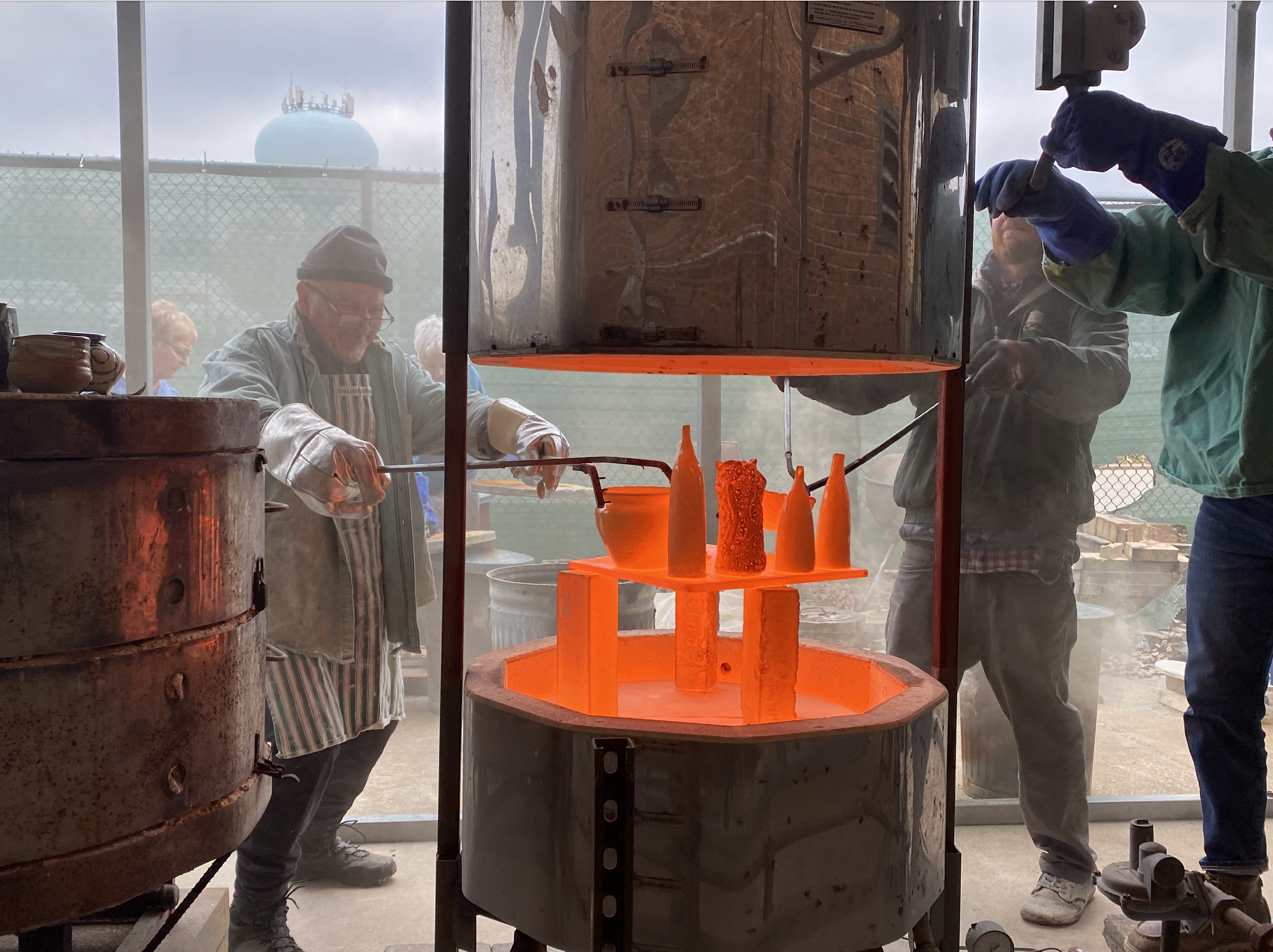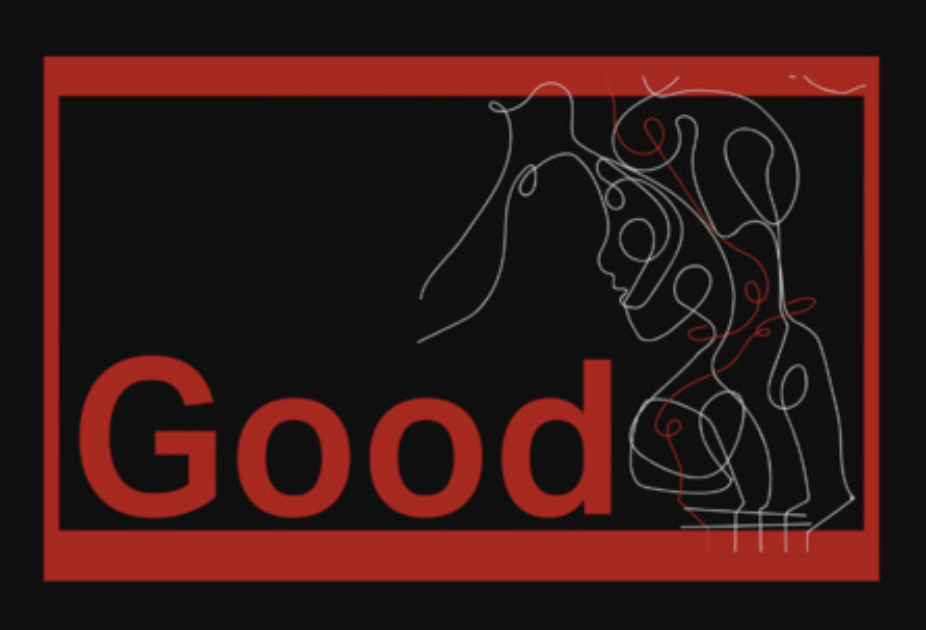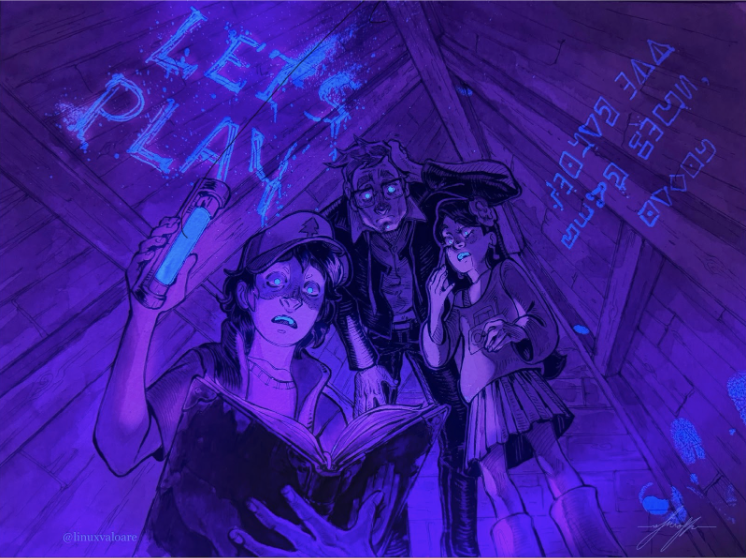Campus advocates discuss ‘reduce, reuse and recycle’ techniques:
LAUREN JOHNS ART & LIFE EDITOR:
A new issue of “The Montage” is out. Students, faculty and staff are so engrossed in each article, blinking is a scarcity. But what happens after? Where do all the extra papers go? Most likely, at the bottom of the trash or recycling bins, shoved beneath soda cans or old math worksheets, never to be seen again. In an effort to counter this waste, Debbie Corson, Service Works Advisor and Matthew Bast, Environmental Club Advisor, discuss more innovative ways to reduce, reuse and recycle. “Since STLCC advertises itself as being a green institution, we should be careful that we follow through,” said Corson. “Our society is so convenience oriented that we don’t seem to care about how trashed our Earth is becoming. Littering is easy and thoughtless.” In addition, she stressed the importance of not taking the custodial staff for granted. “Just think of how we would all complain if our custodians did not pick up after us and mop and clean our campus for a month. It would be interesting to do a simulation of the impact that would have.” Pertaining to the recycling process, Bast recalls an old company in Kirkwood that allowed people to sort their own recycling. “In my opinion, self sorting is more efficient,” said Bast. “With a company like ‘Single Stream’ where all recyclables are tossed in together, the paper or glass could get wet or dirty and will have to be discarded. The cleaner it is, the easier the products are to recycle.” In relation, people are often negligent when it comes to recycling rules and guidelines for companies like ‘Single Stream.’ “Someone recycled plastic bags full of paper and the plastic clogs up the machines,” said Corson. “I just learned today that we are not supposed to put wrapping paper in single stream containers.” According to Corson, in a recent Environmental & Sustainability Committee meeting, she also learned that all cans and plastic need to be rinsed and dried and that lids should be left on bottles. This same committee is proposing a few ideas to the cafeteria staff. This includes allowing students to bring in their own bottles to fill with a small price for refills and replacing foam containers with paper ones. Despite these efforts, recycling is barely hanging on by a thread. “I’ve had to fight to keep any sort of recycling here, since there is only one person sorting it all, with the help of custodial staff,” said Bast. “Most people want to recycle I think, but if you look in the classrooms, the trash cans are full of bottles and cans because there are no recycling bins in many of them. Everyone is capable of walking an extra 20 feet but they don’t.” To further these efforts, Bast emphasizes the ‘reduce’ part of ‘reduce, reuse and recycle.’ “The only thing better than recycling is not creating more than you actually use,” said Bast. “With the Montage for instance, start taking inventory. Count how many newspapers you pull off the rack and how many are left when you rotate them out for a newer issue. We never know what happens with papers, of course the hope is that they are being read.” Debbie Corson reduces by utilizing old papers in creative and resourceful ways. “I use old papers in my BBQ chimney. My sister wraps presents with the funny paper, like the comic section or neat graphics. You could even hold a contest for the best way to reuse.” Bast has always enjoyed hiking and uses the papers to dry out his boots and keep them from smelling, since prolonged exposure to sunlight would only crack the leather. In the Science building, he admits that he uses the old issues as snake bedding because it’s cheaper than the bark he uses for the snakes on display. “Something kinda funny is that I grabbed a stack of papers for the snakes and later realized they had the former chancellor’s face on them,” said Bast. “So for like a year, the snakes were pooping on the enlarged image of the face.” Aside from using the paper as a ‘snake dump,’ creating a communal bin of paper scraps for free use would be beneficial. “Keep it in the Lecture Halls or Student Center and they can use it for anything from paper mache to bird cages and changing oil in cars.” One important note, though, is that The Montage asks readers on campus to refrain from using the current issue in creative ways until a new issue hits the stands. Archive copies of past issues are also available by request in the newsroom at SC220A.










